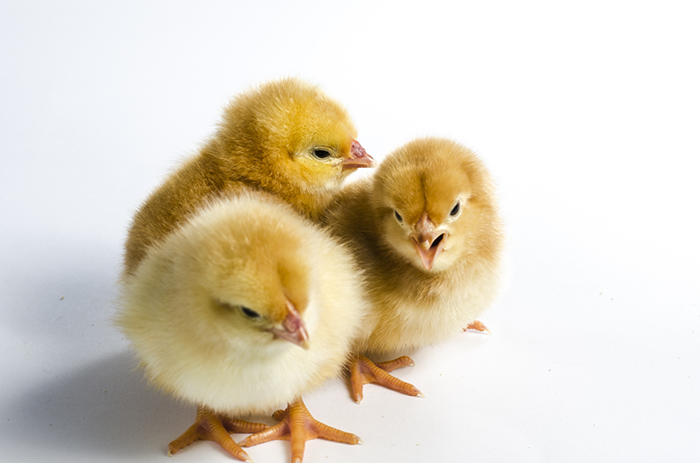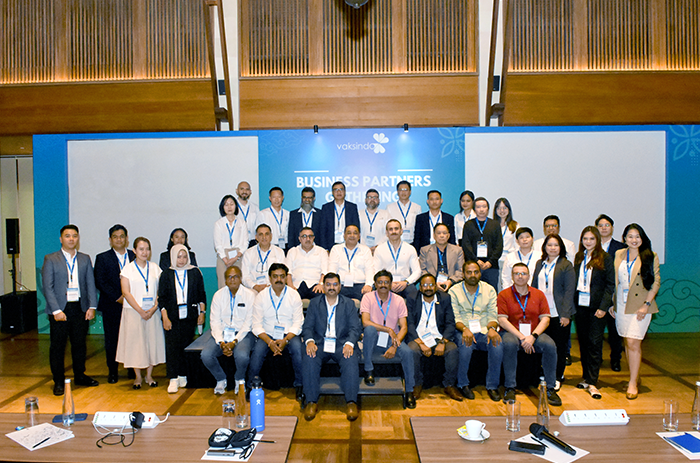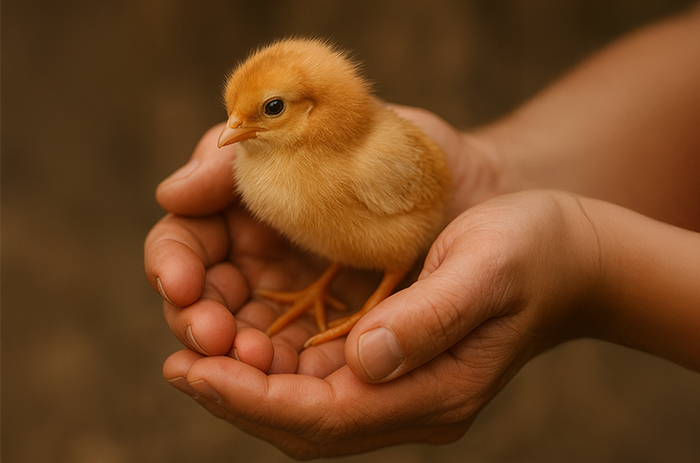

Overview Poultry Vaccination
Good health conditions in poultry are certainly the general expectation of all breeders. Of course, to get a good health condition farmers will do various things, especially to prevent the diseases that may arise.
One of the efforts that often comes to mind is the vaccination program. The vaccination program of course doesn't have a standard, each farmer must have a different vaccination program. The history of the disease in the past will affect the vaccination program.
Vaccination is the activity of introducing a disease, that has been weakened into the body of chickens. So, the presence of the disease can increase antibodies in the poultry's body and strong immunity to fight the disease.
Vaccines are divided into live and killed vaccines. Live vaccine is a vaccine with a live virus that can produce immunity against a disease so that it can ward off diseases that attack the chicken's body. Killed vaccines are vaccines that contain disease organisms that have been killed to produce higher antibody titers.
Active vaccines are usually freeze-dried and require diluent use. Inactivated vaccines are in the form of liquid emulsions and contain antigens and adjuvant oils to extend the duration of immunity. The success of vaccination also depends on the condition of chickens, vaccination schedules, and reports on vaccination activities. During the vaccination process, chickens must be in healthy condition and need to be done carefully to avoid excessive physical stress. Vaccination also needs to be done according to the recommended schedule.
Vaccine application can be done in several ways such as nose and eye drops, spray, and intramuscular or subcutaneous injections. Vaccine administration must also pay attention to the age of the chicken which will generally affect the dose of use. Vaccine handling also needs to be considered because it will affect its quality. Vaccines need to be stored at a temperature of 2-8°C and avoid heat and direct sunlight. Vaccines that have been used must be destroyed immediately.
Vaccine efficacy will be seen if the type, strain, and dose are under the needs of poultry. So, consultation with a veterinarian is needed to get a vaccine that suits the needs and conditions of poultry in the field. Ideally, the type of vaccine seed used is the same (homolog) as the type of virus in the field.
For consultation related to vaccination programs or animal health, please contact us by this link.
You may also like

Innovation in the Poultry Industry: Trends in Reco...
The poultry industry continues to innovate to prov...

Vaksindo Indonesia Business Partners Gathering 202...
From July 16–19, 2025, Vaksindo Indonesia-Internat...

Optimal Poultry Performance from the Start: Proven...
In the modern poultry industry, production success...

Various Methods of Hatchery Vaccination: Mechanism...
Hatchery vaccination is the practice of administer...

Understanding Hatchery Vaccination: An Effective S...
In modern poultry production, efficiency and effec...

Maternal Antibody Formation System in Day-Old Chic...
Maternal antibodies represent a form of passive im...